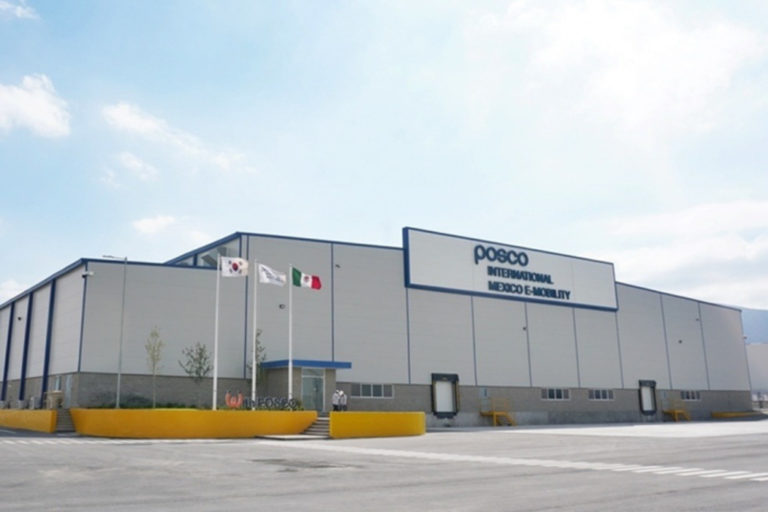Citing documents from the group’s investor relations meeting, the Korea Economic Daily reports that Posco is planning investments totalling 680 billion won (around €483 mn or $519 mn) in the motor core segment alone from 2024 to 2035. The company aims to allocate 44% of the fund to North America and 20% to Europe, respectively; the rest will remain in its home market, South Korea.
In production output, the investment shall double the number of motor cores (stator and rotor) from an annual 4.3 million units in 2025 to 10 million by 2035.
This will happen internationally in new and existing plants. The latest facility in Poland, to be constructed in early 2024, shall churn out nearly two million units (1.8) by 2035, up from the initial 20,000 motor cores. In a newly opened plant in Mexico, Posco aims to raise motor output to 4 million units by 2035 from the planned 1.4 million in 2025.
Existing facilities for motor cores in China, India and South Korea have similar targets. Posco wants to nearly double production to 1 million units in China by 2030. In India, the Koreans aim to increase production from 70,000 units in 2025 to half a million motor cores in 2035. With its already high output in South Korea, numbers are set to climb from 2.3 million units to 2.7 million over the decade.
Another arm of the Posco Group – Posco Chemical – is known to be active in cathode material production for electric car batteries. Posco is also increasing its capacity in battery recycling. The new goal is to increase the production of battery materials such as graphite, nickel, lithium and copper foil more than tenfold to 345,000 tonnes by 2030.
“Sales and operating profit of eco-friendly businesses are expected to double and quadruple in 2030, respectively, from this year,” said Posco Chief Officer of Global Business Lee Kye-In.


